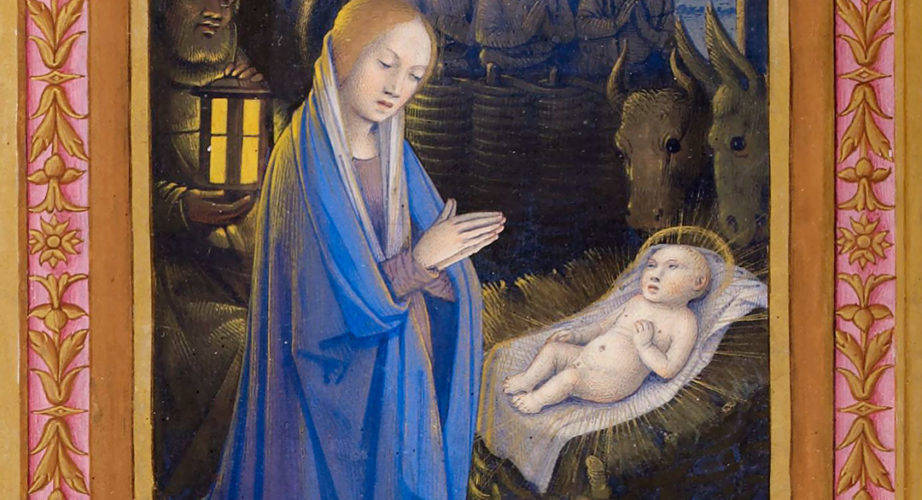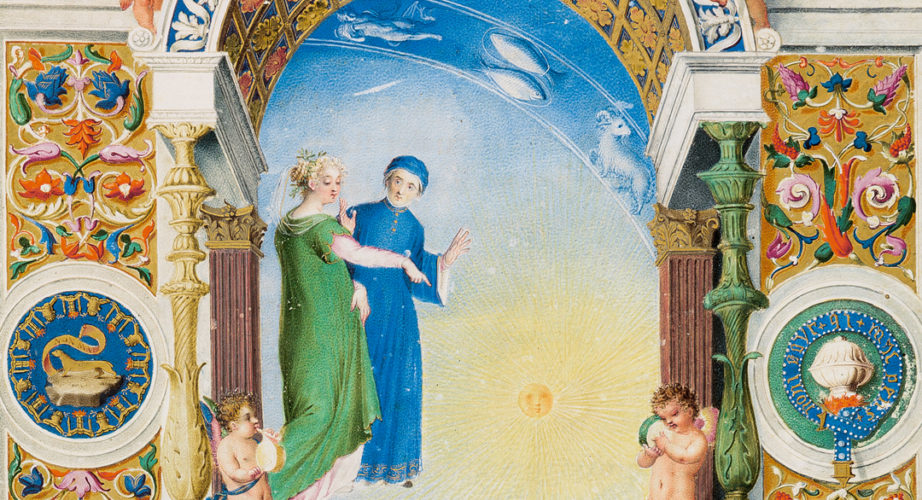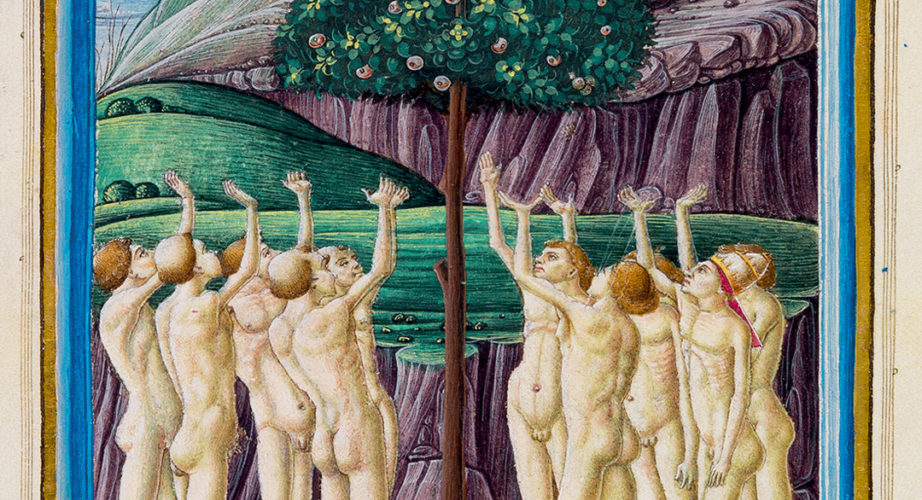MAKE WAY FOR THE FACTOTUM
 On February 20, 1816, Gioacchino Rossini's most famous opera, The Barber of Seville, premiered at the Teatro Argentina in Rome. Its libretto being written by Cesare Sterbini and based on Pierre Beaumarchais's 1775 comedy Le Barbier de Séville, the opera was originally called "Almaviva, o sia L'inutile precauzione" ("Almaviva, or The Useless Precaution"). The same French play, in fact, had already inspired a well-received opera of the same name composed in 1782 by one of Rossini's rivals, Paisiello; Rossini, being only 23 at the time, thus initially chose a different title in order not to clash with Paisiello's version. This precaution, quite ironically, proved to be useless: the première was met with hissing and jeering, many of the audience supporting Paisiello and believing Rossini's new version to be disrespectful of the original opera. Dejected by the initial failure, Rossini himself decided not to attend the second performance on the following day. This time, however, the audience responded with great enthusiasm and the opera quickly became a roaring success, obscuring Paisiello's previous version.
To this day, The Barber of Seville remains one of the most-performed operas worldwide; its overture and Figaro's cavatina, "Largo al factotum", are probably among the most well-known pieces in the history of opera.
"Barber", illumination from a Book of Hours, use of Amiens, ms. 016, f. 025v, end of the 15th century, Bibliothèque Municipale, Abbeville.
On February 20, 1816, Gioacchino Rossini's most famous opera, The Barber of Seville, premiered at the Teatro Argentina in Rome. Its libretto being written by Cesare Sterbini and based on Pierre Beaumarchais's 1775 comedy Le Barbier de Séville, the opera was originally called "Almaviva, o sia L'inutile precauzione" ("Almaviva, or The Useless Precaution"). The same French play, in fact, had already inspired a well-received opera of the same name composed in 1782 by one of Rossini's rivals, Paisiello; Rossini, being only 23 at the time, thus initially chose a different title in order not to clash with Paisiello's version. This precaution, quite ironically, proved to be useless: the première was met with hissing and jeering, many of the audience supporting Paisiello and believing Rossini's new version to be disrespectful of the original opera. Dejected by the initial failure, Rossini himself decided not to attend the second performance on the following day. This time, however, the audience responded with great enthusiasm and the opera quickly became a roaring success, obscuring Paisiello's previous version.
To this day, The Barber of Seville remains one of the most-performed operas worldwide; its overture and Figaro's cavatina, "Largo al factotum", are probably among the most well-known pieces in the history of opera.
"Barber", illumination from a Book of Hours, use of Amiens, ms. 016, f. 025v, end of the 15th century, Bibliothèque Municipale, Abbeville.
Post consigliati
Happy Holidays from Folia Magazine!
Folia Magazine wishes all of you the happiest of Holidays with this delicate,…
Journey through the Dante Urbinate: Paradise, Canto I. Dante and Beatrice
The cover page of the Paradiso displays an architectural structure that is complex…
Journey through the Dante Urbinate: Purgatory, Canto XXIV. The Tree of Temperance
As the three poets continue their journey through Purgatory, they reach the sixth…


